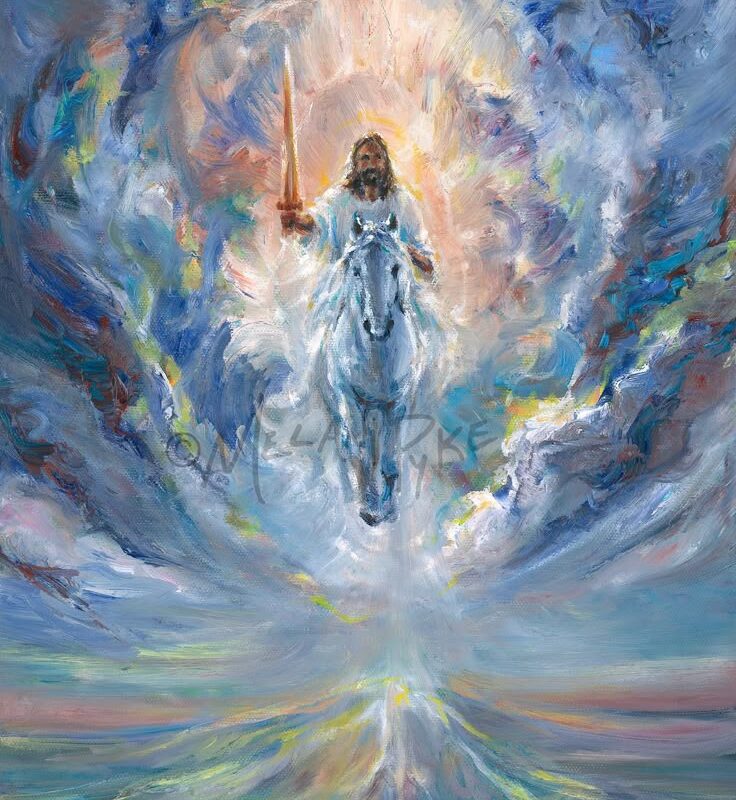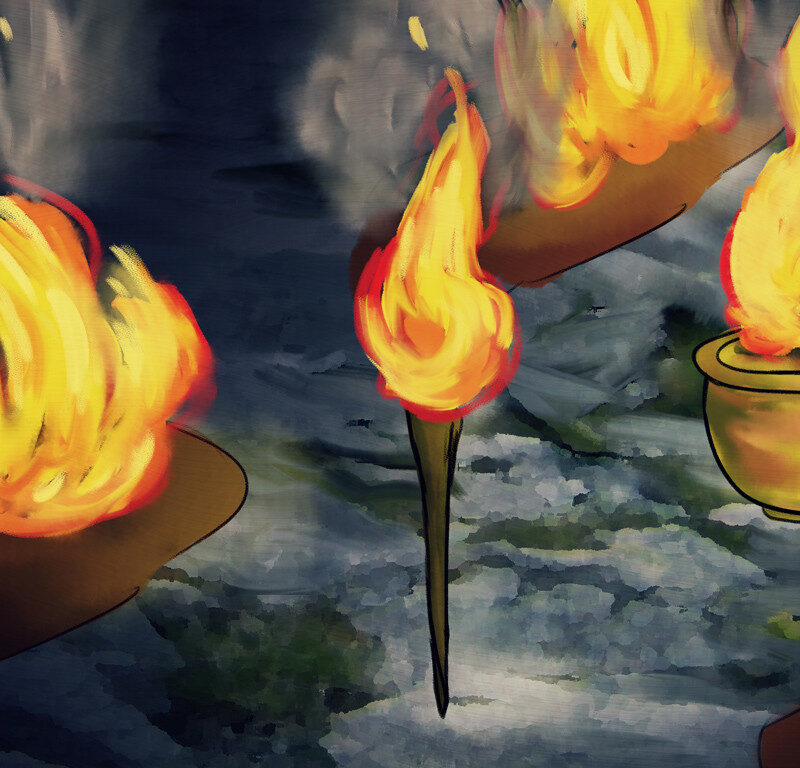When the Waters Rise: Holding On to God in the Midst of Tragedy
“Creation was subjected to frustration… in hope.” —Romans 8:20
There are moments when words feel like dust in the mouth. The July 4th flood in Hunt, Texas, is one of those moments. Twenty-three young girls lost—bright futures, laughter, joy, trust—all swept away in minutes. There is no tidy explanation. No verse that makes it easy. No theological precision that can heal the breaking of a human heart.
And yet, we come to God, not because we understand, but because we believe He alone can hold our sorrow—and somehow, in time, redeem it.
For many of us, the hardest question to face isn’t just “Why?” but “Why would a good God allow this?” If God is sovereign—and we believe He is—how can we trust His heart when nature feels so cruel?
Let’s begin with what we know.
1. The World Is Broken, and So Are We
The tragedy we witness in nature—floods, fires, earthquakes—mirrors the tragedy we witness in ourselves. Genesis 1–3 paints a picture of humanity created to steward the earth, to govern with wisdom, love, and care. But when sin entered the world, that harmony was shattered. The relationship between humanity and creation was broken.
Creation itself was cursed—not because creation sinned, but because we did. “The ground is cursed because of you,” God told Adam (Gen. 3:17). And Paul affirms this: creation is now in “bondage to decay” (Rom. 8:21), groaning like a woman in labor, longing for healing, for release. The natural world is not evil, but it is wounded—a mirror of our spiritual brokenness. Tragedy in nature is not God’s delight. It is a result of the fall, a symptom of a world longing to be made whole.
2. God Is Not the Author of Evil, but He Does Not Stand Apart from Our Pain
We often say that “God is in control,” and He is. But control doesn’t mean God causes evil. It means He permits what He ultimately intends to redeem. There’s mystery here—deep, aching mystery. But what separates Christianity from all other worldviews is this: our God does not stay distant from tragedy. He enters it.
Christ Jesus was a man of sorrows, acquainted with grief. He wept over Lazarus. He mourned over Jerusalem. He was swallowed by death so that death would no longer have the final word. When we suffer, we never suffer alone.
It’s okay to not have neat answers. Even Jesus, in Gethsemane, wrestled with the will of the Father. But He trusted—through the sweat and blood and agony—that even in the darkness, His Father would not forsake Him.
3. God Is Waiting with Us—and Waiting on Us
Peter tells us that God is not slow in keeping His promise, but patient—not wanting anyone to perish (2 Pet. 3:9). The world groans. Creation convulses. Injustice and sorrow rise like floodwaters. But God holds back the final curtain so that more might come to repentance, to salvation, to life.
And He invites us—His people—to be agents of light in the dark. We are not idle participants in God’s story. We are those who have tasted the grace of Jesus, who know the healing of His touch, and now long to see His kingdom come in full.
Every act of love, every shelter built, every person comforted in grief, every effort to mend the brokenness of the world—these are signs of God’s kingdom pressing in. This is what it means to wait and hasten the coming of the Lord (2 Pet. 3:12).
4. We Wait with Hope—and Work with Purpose
Tragedies test our faith—but they also refine it. What we do in the face of heartbreak reveals what we believe about God.
We believe He will make all things new (Rev. 21:5). We believe He is preparing a place where death shall be no more (Isa. 25:8). We believe that the same power that raised Jesus from the dead will one day raise those we’ve lost—that the waters of judgment, like the flood in Noah’s day, will give way to the rainbow of promise that never fails.
So we grieve. We lament. But not as those without hope. In the face of unbearable loss, we hold fast to Jesus, the one who bore our griefs and carried our sorrows, who is coming again to make right all that has gone so wrong.
A Final Word
To those who carry the weight of that flood, who cannot forget the names or the faces of those girls, who wonder where God was in the moment the waters rose—know this: He was there. He is still here. And He will carry you through.
He will redeem every sorrow. Until then, we trust. We wait. We hope.
Because Jesus lives, so shall we.
Pastor Mark




